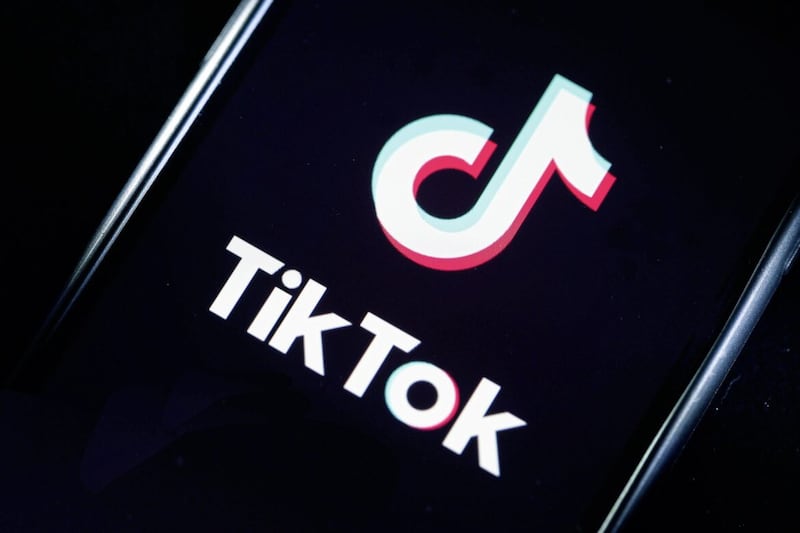2023 marks 30 years since the world wide web was launched to the public.
It has revolutionised almost all aspects of human life, from information consumption, communicating with people, and not least, how we conduct business.
WWW. has been a transformative force for companies of every scale, bringing about limitless opportunities for connecting with customers, exploring global markets, and effectively managing operations.
However, its inception has also exposed businesses to a growing frontier of risks.
The Government’s latest cyber security breaches survey estimated that there have been 2.39 million instances of cyber crime against UK businesses within the last 12 months alone and the global cost of cyber crime to the economy could reach over £8 trillion by 2025.
Yet, many organisations still neglect to have an IT guardian or appropriate cyber security solutions in place.
In today’s digital era, that is akin to navigating treacherous seas without a compass.
In the absence of a cyber custodian, businesses are increasingly susceptible to common cyber threats.
Phishing attacks prey on employees’ naivety leading to the compromise of sensitive data and financial loss, whilst ransomware can bring entire operations to a halt, often demanding a hefty price for release.
Distributed denial of services (DDoS) attacks can derail online services, resulting in revenue loss and reputational damage, whilst data breaches can leave businesses exposed to severe legal consequences, customer mistrust, and significant financial repercussions.
Case in point, the recent hack of file transfer tool MOVEit which has so far impacted over 200 organisations globally and more than 17 million individuals.
So who needs an IT guardian? In short, all businesses!
All too often, SMEs operate under the optimism bias – a belief that they are less likely than larger counterparts to experience a negative event such as a cyber attack or data breach.
However, recent statistics show that the majority of attacks (58 per cent) target small businesses.
Why? For that very reason above.
Approximately 60 per cent of SMEs in the UK lack a security policy and 87 per cent are not insured against online breaches - this makes them low-hanging fruit for hackers and online fraudsters.
Having an IT guardian in place means a 24-hour bodyguard for your business, in position to not merely respond to attacks as they arise but identify and mitigate them at source.
Better yet, by appointing an external dedicated IT guardian such as b4b Group, businesses relieve themselves of resource and skills pressure and gain access to a wider team of experienced professionals, well-versed in the latest cyber security practices.
Working with businesses across Northern Ireland, alongside expert partners such as Fortinet and CyberSmart, we have implemented comprehensive multi-layered security protocols that have thwarted countless online attacks and stopped hackers in their tracks.
Proof that with the right IT guardian by their side, businesses can focus on growth and success, confident in their online security and cyber resilience.
David Armstrong is chief executive of b4b Group








